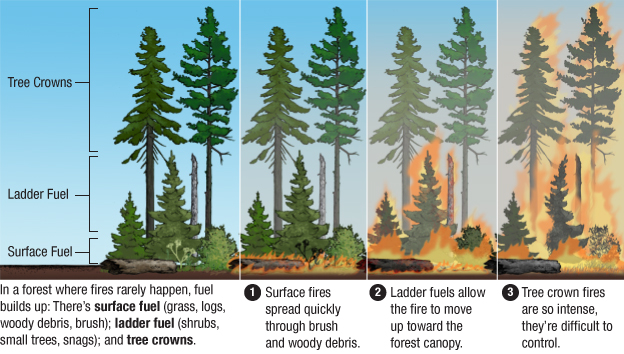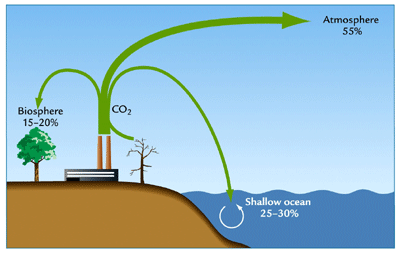My choice to study mechanical engineering largely came down to my love of cars. I have loved cars my whole life and, when it came down to choosing a career path, it seemed obvious that mechanical engineering would be a perfect fit for me. Well, since leaving high school, my interests have changed and once this class got into the swing of things, working in the renewable energy field started to seem more enticing. But I don't really want to work for a traditional energy company, they're too, well, boring. Nothing really seems that exciting about working for consumers energy. Plus, I would feel like I was just actively participating in green washing and I'm not about that.
Essentially big utility companies work to dominate all of the energy production and grid infrastructure in an area, making it almost entirely impossible for competition. Areas where competition occurs generally are dominated by these massive utility companies that have overlapped in certain spots. The beauty of renewables is that it puts the ball back in the consumer's court. Why do I need to spend a ton of money every month on power when my home can simply make its own? Some people produce enough electricity that they actually make money on their home's as the unused excess energy is sold back to the grid.
So, what I want to do is to empower the homeowner to sell their energy to their neighbors, and empower their neighbors to sell some of that to their neighbors. Imagine a neighborhood that produces its own electricity. "Oh, the Joneses have a cloud over their house? Here, I'll divert some of my excess energy to them for a few bucks." This all assumes that everybody's home produces enough electricity to operate all day and all night while also being able to send excess energy to the people living around them - something that isn't entirely viable, yet. So, say this neighborhood has also got a geothermal well, and the neighbors have pooled their money to build a few windmills throughout the neighborhood. Let's scale down this grid from one centralized hub controlled by a company that doesn't give a rip about you and your energy needs. Let's bring energy back to the community and take the power away from these monopolized utilities.
Call it Uber for your home. You get online, buy a little electricity from next door and your neighbor's home battery diverts some electricity via a transmission line buried beneath the ground to your home. This will all be perfectly viable in the coming years and the best part is that the small scale offers more advantages than just knowing where your power is coming from. Storms knock out electrical grids all the time. One tree hanging on a power line and half the of town is without electricity, including the hospital. And the worst part is your utility company doesn't know that the power is out until someone calls them up angered by the blackout. Our grids are old and outdated and the people in charge of them don't really care.
So, in short, buy a house. Make your own electricity. Sell it to others. That's my idea, at least.
More on distributive power and the downfall of traditional utilities:








